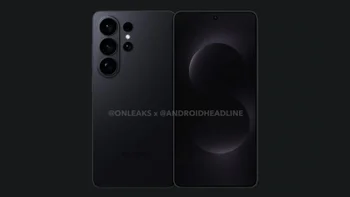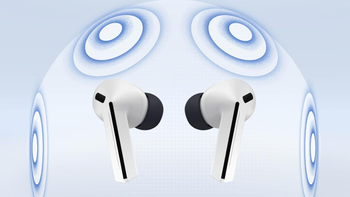Super Mario Run: 40 million downloads, not many converted to purchases. Nintendo explains why it decided on $10 pricing

The $10-price is supposed to reassure you that there will be no other in-app purchases
Nintendo didn't ignore the pricing criticisms — a spokesman actually addressed it in front of Reuters and explained the exact reason why the company decided to go with a steeper price tag. Though we can't say the explanation provides any satisfaction — according to the quote, the rather steep price point was chosen to "reassure parents" that there will be no more in-app purchases later in the game, and that their child wouldn't accidentally click on any of those.What?
Yeah, it would've been perfectly fine to write that reassurance out with bold letters on the purchase screen and not expect parents to assume it just from the $10 price-tag, Nintendo.
But, just as an example, consider this — XCOM cost $13 at launch and it's a fully-functional tactical strategy game with tons of gameplay packed in it, a full campaign, lots of replayability, and an actual multiplayer mode. Console-grade arcade games like Transistor cost $10 at launch, with their own story and long campaigns. Super Mario Run is an auto-runner that features Mario.
In any case, Nintendo isn't really interested in taking the mobile gaming world by storm — it just wants to make its signature characters and mascots more accessible to the general public, create a buzz around its games, and then figure out a way to connect its mobile titles with its console titles, enticing gamers to invest in its ecosystem. So, for now, any kind of publicity is good, even if it's based on bad reviews, analysts say.

source: Reuters
Follow us on Google News


![Some T-Mobile users might be paying more starting in March [UPDATED]](https://m-cdn.phonearena.com/images/article/176781-wide-two_350/Some-T-Mobile-users-might-be-paying-more-starting-in-March-UPDATED.webp)











Things that are NOT allowed:
To help keep our community safe and free from spam, we apply temporary limits to newly created accounts: